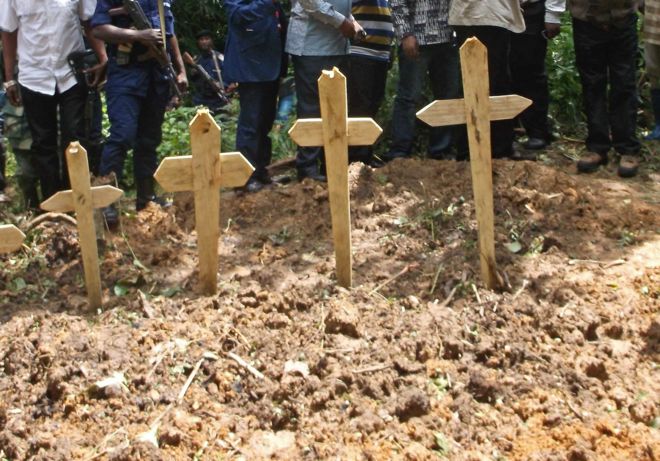Atrocity Alert, No. 17
No Images? Click here

Atrocity Alert is a weekly publication by the Global Centre for the Responsibility to Protect highlighting and updating situations where populations are at risk of, or are enduring, mass atrocity crimes.
Syria
Fighting between government forces and various armed opposition groups has intensified in Aleppo, putting more than 300,000 people besieged in the east of the city at increasing risk. Airstrikes and other targeted attacks on civilian infrastructure, including hospitals, continue. On 7 August a coalition of armed opposition groups claimed to have broken the government siege of eastern Aleppo. However, a major battle for control of the city is ongoing, with civilians at imminent risk of war crimes committed by government forces as well as by some armed opposition groups.
On 8 August the UN Security Council held an Arria Formula meeting regarding the humanitarian situation in Aleppo. On the same day the UN Resident Coordinator for Syria and Regional Coordinator for the Syrian Crisis released a joint statement calling for an immediate humanitarian pause in order to reestablish electricity and water, as well as to provide humanitarian assistance and medical supplies to civilians trapped or besieged by ongoing fighting.




UN Photo
South Sudan
The situation in South Sudan remains tense following five days of renewed fighting between rival military forces in Juba at the start of July. A preliminary UN investigation into the violence revealed that government forces allegedly perpetrated serious human rights violations against civilians, including widespread sexual violence. On 5 August the Intergovernmental Authority on Development (IGAD) proposed the deployment of a Regional Protection Force to support the UN Mission in South Sudan (UNMISS). The UN Secretary-General called upon all parties “to uphold their responsibility to protect civilians.” On 11 August the UN Security Council will meet to renew UNMISS’ mandate and possibly authorize the deployment of a 4,000-strong Regional Protection Force. It is essential that UNMISS and the Regional Protection Force are tasked with prioritizing the protection of civilians from mass atrocity crimes, and that the Council imposes an arms embargo on South Sudan.
Democratic Republic of the Congo
On 7 August an ethnic Nande militia killed at least eight civilians in Kibirizi, North Kivu, reportedly in retaliation for deadly attacks by Hutu militias during July. Inter-communal violence and reprisal killings by Hutu and Nande militias have been growing in North Kivu for several months, including ethnic targeting of camps for internally displaced persons and house burnings. Tensions between Hutu and Nande militias have been exacerbated by ongoing offensives by the government and the UN peacekeeping mission in the DRC against the FDLR, an ethnic Hutu militia originally formed by former genocidaire from Rwanda. Ongoing tensions between rival ethnic militias could rapidly escalate in the DRC if the current political instability over impending presidential elections deepens.

UN Photo
Connect With Us














